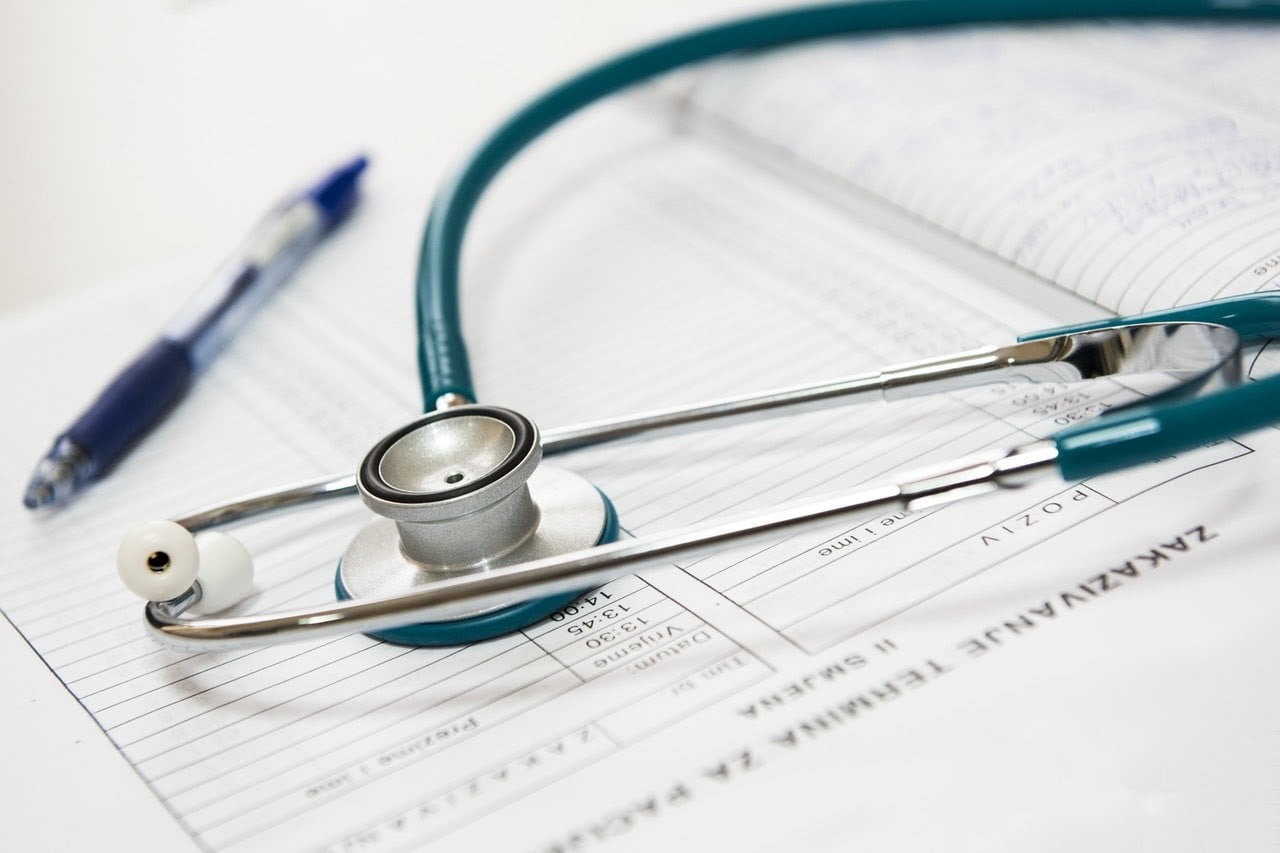
Healthcare software has revolutionized the medical industry over the past few years and has made it easier for all health professionals to treat their patients. Medical software has become crucial in the industry as it helps healthcare providers monitor, manage and organize data. Let’s look at how multiple kinds of software are changing healthcare for the better.
The healthcare industry’s primary goal is to help its patients, but spending hours imputing data can take precious time away from speaking to the people you’re trying to save. Healthcare software quickens this process and keeps your medical professionals engaged with people instead of computers. Medical software offers several key features, like the ones listed below.
Modern software solutions can encompass multiple healthcare services and programs, including mental health. Psychologists, psychiatrists, and other mental health professionals can use mental health EMR (electronic health record) software to access patient records quickly. EMRs are especially beneficial for clients that have a long medical history.
Software can make your facility and staff more efficient by automating the majority of the process. Instead of fumbling through written spreadsheets, a nurse can quickly type in essential data in the required spaces. Hospital management software makes it easier to handle in-between tasks like emailing and calendars, so workflow stays smooth and without constant stopping.
Having too much work in the day can make medical receptionists feel overwhelmed and grumpy and leaves nurses unable to help more patients. Using e-prescribing software and urgent care apps aid in figuring out costs for prescriptions, diagnosing illnesses, and prescribing medicine, which gives them more time to spend with their patients.
In this article, we mentioned common healthcare software. The following types of healthcare software are incredibly beneficial to the medical industry.
EHR software contains detailed information about patients and collects data based on medical history, demographics, allergies, and laboratory results. This data can be shared across physicians and helps them prescribe the proper treatment. EHR software can store patient history, scheduling, prescriptions, billing, and functions as a data management device. Using this software leads to increased efficiency, cost savings, and better patient care.
MPMS works similarly to EMR software because it handles the daily operations and streamlines client workflow. Medical providers can use MPMS to track patient information (especially regarding procedures and diagnosis) and process payment and insurance information. MPMS will let you store patient data, input schedules on calendars, and send financial information to insurance agencies. MPMS also has a robust accounting feature.
Patients can use an urgent care app instead of going to emergency to get pressing information about their current health situation. On this app, you can read articles, get answers to health-related questions, and track pain. Urgent care apps have chat/video functionality, a file attachment feature, a search bar, and an online booking system. With this software, hospitals can reach more customers, create more satisfied patients, and increase operational efficiency, all with one app.
Gone are the days where patients have to take a physical copy of their prescription and give it to a pharmacist. Now, e-prescribing software allows medical professionals to send prescriptions electronically and limits the need for handwritten notes. E-prescribing apps can provide patients with their entire medication history, helps manage prescriptions, and allows patients to give feedback on side-effects. With this software, there are no prescription errors, and fewer lost prescriptions.
Similar to the EMR and MPMS, but for a hospital environment, HMS handles patient data, medical staff, and doctor information and billing. It can manage specific parts of the hospital like labs, reception, urgent care, and more. This software handles all aspects of hospital administration and helps to improve efficiency. With HMS, you can manage pharmacy data, laboratory data, patient registration, and billing.
Photo courtesy of Pixabay.com.
California, known for its diverse economy and thriving tech industry, is a hotbed for innovation.…
As a violinist, I can't stress enough how crucial a top-notch case is in the…
Imagine a life where limitations do not exist—a life where you relentlessly pursue your dreams…
Asbestos exposure has left a long legacy of health issues in Australia, particularly mesothelioma and…
Did you know maintenance and financing, fuel management, driver management, vehicle monitoring and diagnostics, and…
It can be difficult to meet a matching spouse in this fast-paced environment. Online dating…